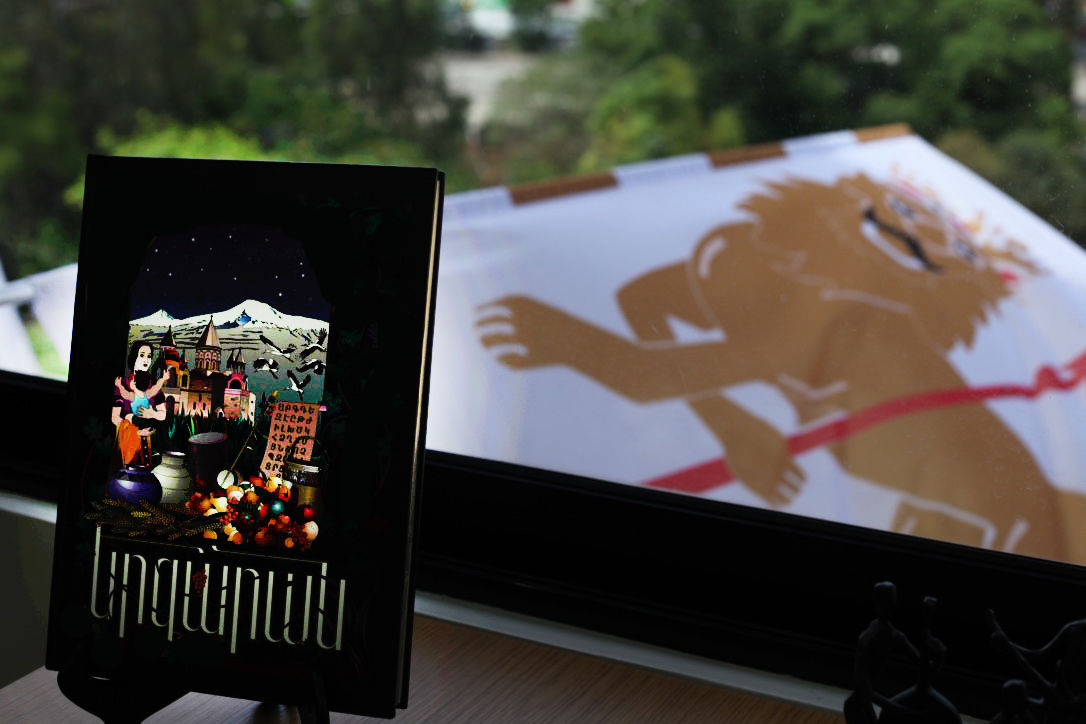
Those who know the internationally acclaimed KOHAR Symphony Orchestra and Choir based out of Gyumri for the past 20 years, have probably heard of the Khatchadourian family, the sole patrons of the orchestra that performs Armenian music with oomph on world stages. But very few might know of the Kohar (meaning jewel) Library in Beirut, Lebanon.
Not that the building where the library is located is discreet, on the contrary, it is adorned with huge flags of what would seem like the coat of arms of an ancient kingdom – in fact, the Armenian Kingdom of Cilicia. And if this is not enough, the bank on the first two floors of the building has made it a landmark in a city with no addresses – continue straight, get to the Bank of Beirut and turn left. Only I say don’t, go straight into the building and take the elevator to the fifth floor.
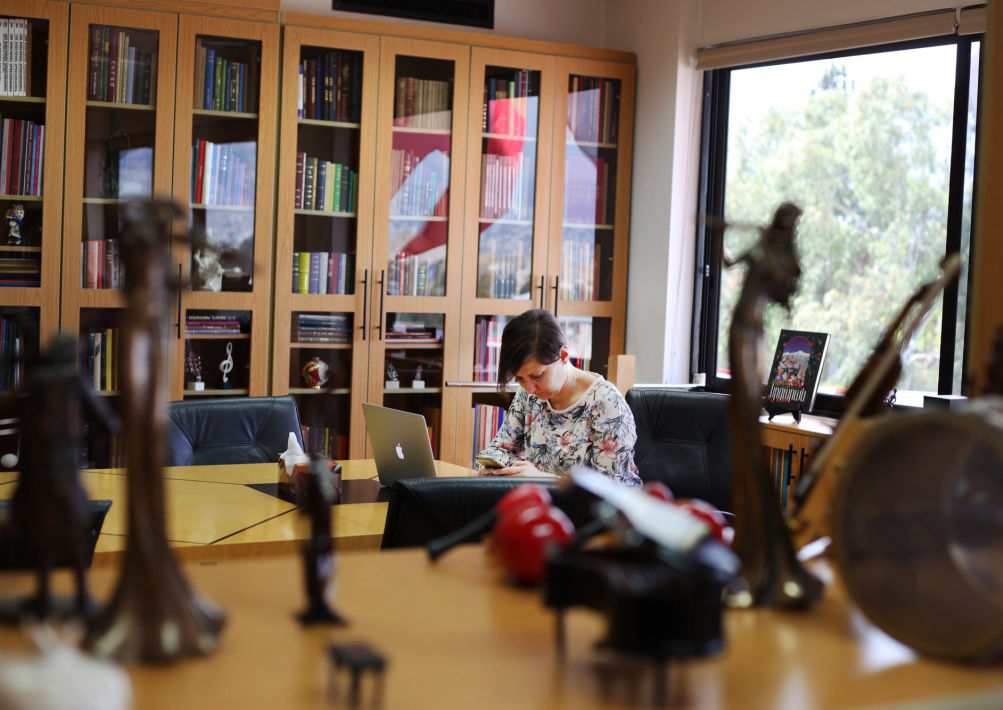
The KOHAR Music Library was established in 2012 based on the personal collection of books belonging to the Khatachadourian brothers and like the orchestra, is named in honor of their mother. The head librarian, Kohar Balkjian greets me as I walk through the doors. The primary collection and interest of the library is in Armenian songbooks with scores, but it only begins there.
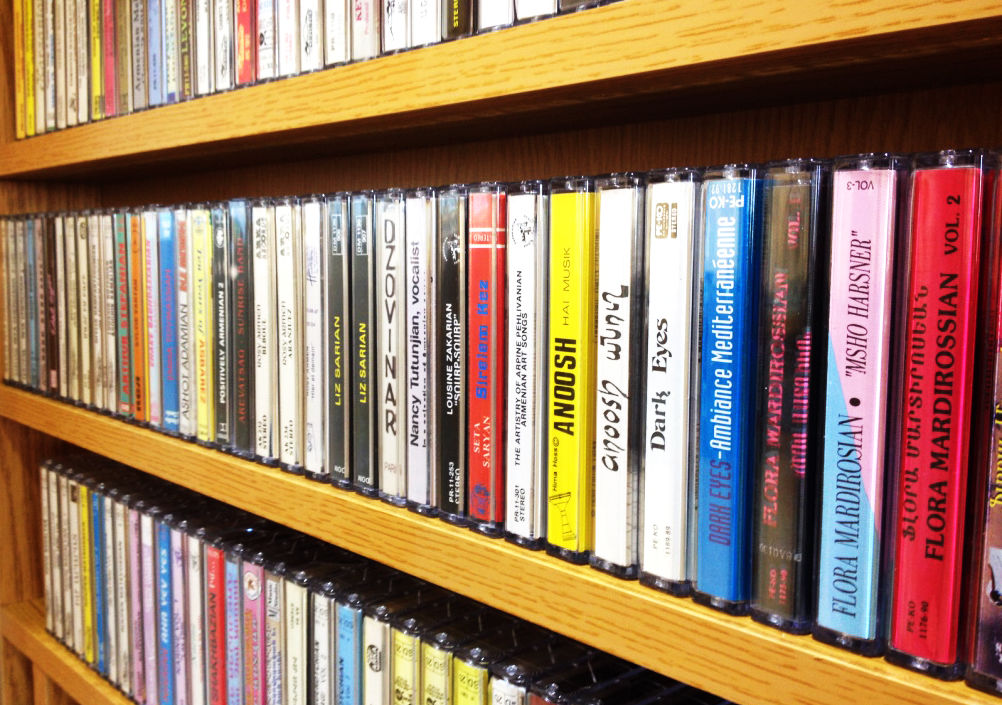
Other than the over two thousand books related to Armenian music and supported by an audio library of over 3500 rare LPs, cassettes, CDs – from Armenchik to the oldest LP dating back to 1950 – the collection also has over five thousand Armenian dictionaries and a separate section on the Armenian Kingdom of Cilicia with over 400 manuscripts, costumes and carpets.
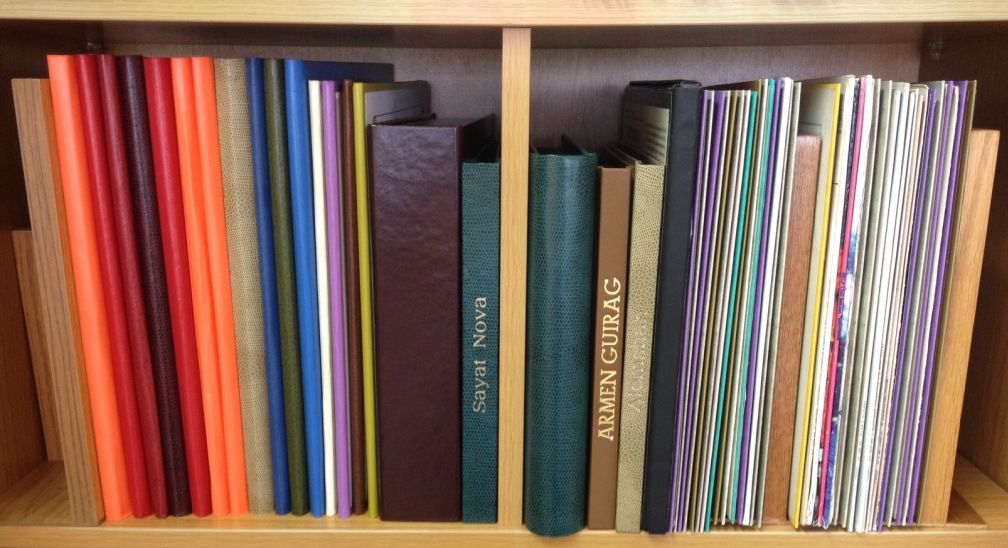
“Often times people who visit us – musicians, academics, students or just music enthusiasts – are overwhelmed by the amount of material they find here and that is not surprising,” Kohar Balkjian explains. “The library is based on a collection passionately accumulated over 40-50 years and it keeps growing. We proactively look for what we know is missing from the collection and cast a wide net to find it.”
But there are only a finite number of Armenian music books and dictionaries ever published or preserved, what could be next? Kohar says that while the current collection of the library is relatively exhaustive, there are gems waiting to be found.
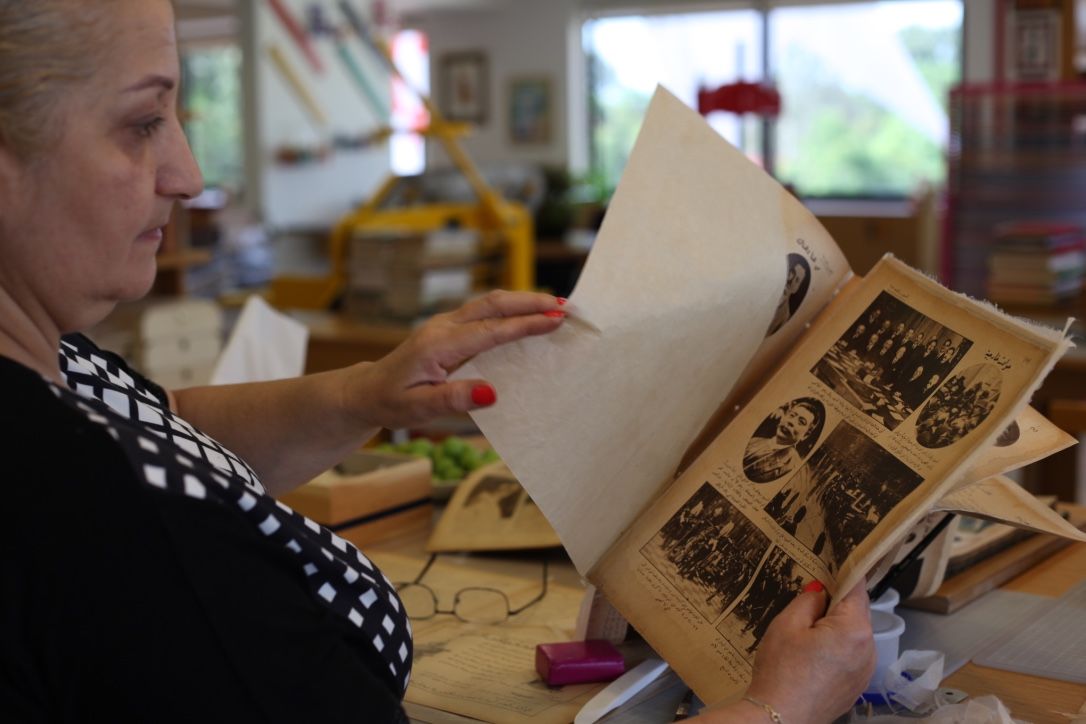
“The suspense is almost over but the search is not, we still expect pleasant surprises,” Kohar says. As for what is next, she says that the library plans to start digitizing the songs with their scores and make them available online, as soon as all copyright issues are resolved.
As we’re talking, Harout Khatchadourian walks in. He greets me and asks if I’ve been downstairs yet. Downstairs?
“You see, many of the books and manuscripts reach us in bad condition, some might not even have a cover or the pages are ripped and falling out,” Kohar explains. “We restore them right here. We have a wide selection of leather, canvases, old and state of the art presses and the professionals to restore books in the best possible way.”
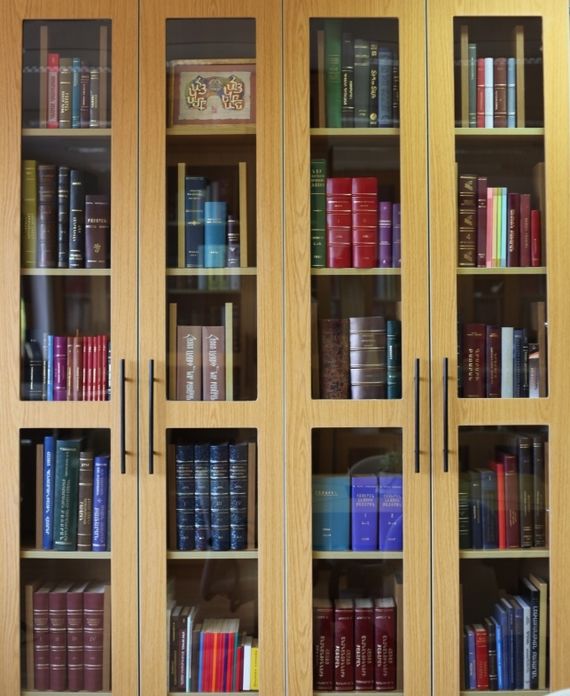
I had heard about this library but not about the dictionaries, the manuscripts and the mini madenataran operation that were all happening a five minute walk from Bourj Hammoud, the neighborhood where I grew up. I’d been so angry that the city had allowed a major garbage dump to reopen near the neighborhood, with constant news of Armenian national schools closing their doors, by the bleeding out of the community from the neighborhood and the country, with the Armenian church dishing out national property and allowing a resort to be built where the graves of genocide survivors used to be near Bird’s Nest, the Armenian orphanage in Byblos.
Yes, the suspense is over in Lebanon and the Middle East but expect pleasant surprises.

